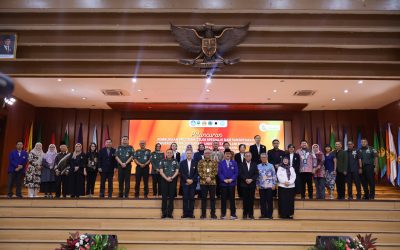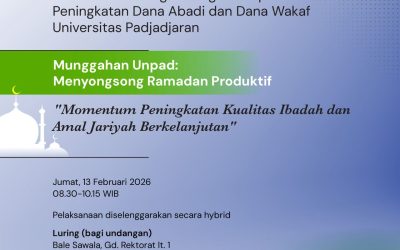West Java, Indonesia — Researchers from Universitas Padjadjaran have discovered that natural compounds found in black pepper (Piper nigrum) may help suppress cancer at the molecular level, offering a new pathway for low-cost and accessible cancer treatment.
The in silico (computer-aided) study was conducted by Dr. Hesti Lina Wiraswati from the Department of Biomedical Sciences, Faculty of Medicine, in collaboration with experts in pharmacy and computational biology. Their findings suggest that specific secondary metabolites from black pepper can bind effectively to cancer-related proteins such as EGFR, CYP, AIF, and MAO-B—molecules that are involved in cancer cell growth and survival.
“This research gives us early evidence that Indonesia’s everyday plants may hold untapped therapeutic potential,” said Dr. Wiraswati. “We focused on natural compounds that are already consumed in diets, which makes future development potentially safer and more accessible.”
The virtual screening showed strong binding activities that may lead to apoptosis (programmed cancer cell death) and block pathways that tumors rely on to spread. These discoveries pave the way for future lab and clinical studies to develop plant-based cancer therapies—especially important in low-resource settings.
The study promotes self-reliant health innovation, drawing from Indonesia’s own biodiversity, and offers sustainable alternatives to costly, synthetic drugs. If developed further, these compounds could reduce dependency on imported cancer medications.
This research contributes directly to SDG 3: Good Health and Well-being by exploring new, natural approaches to cancer treatment, and to SDG 12: Responsible Consumption and Production through the use of local, plant-based sources. It reflects Universitas Padjadjaran’s growing role as a leader in affordable, sustainable healthcare innovation and strengthens its position in the Times Higher Education (THE) Impact Rankings.





0 Comments